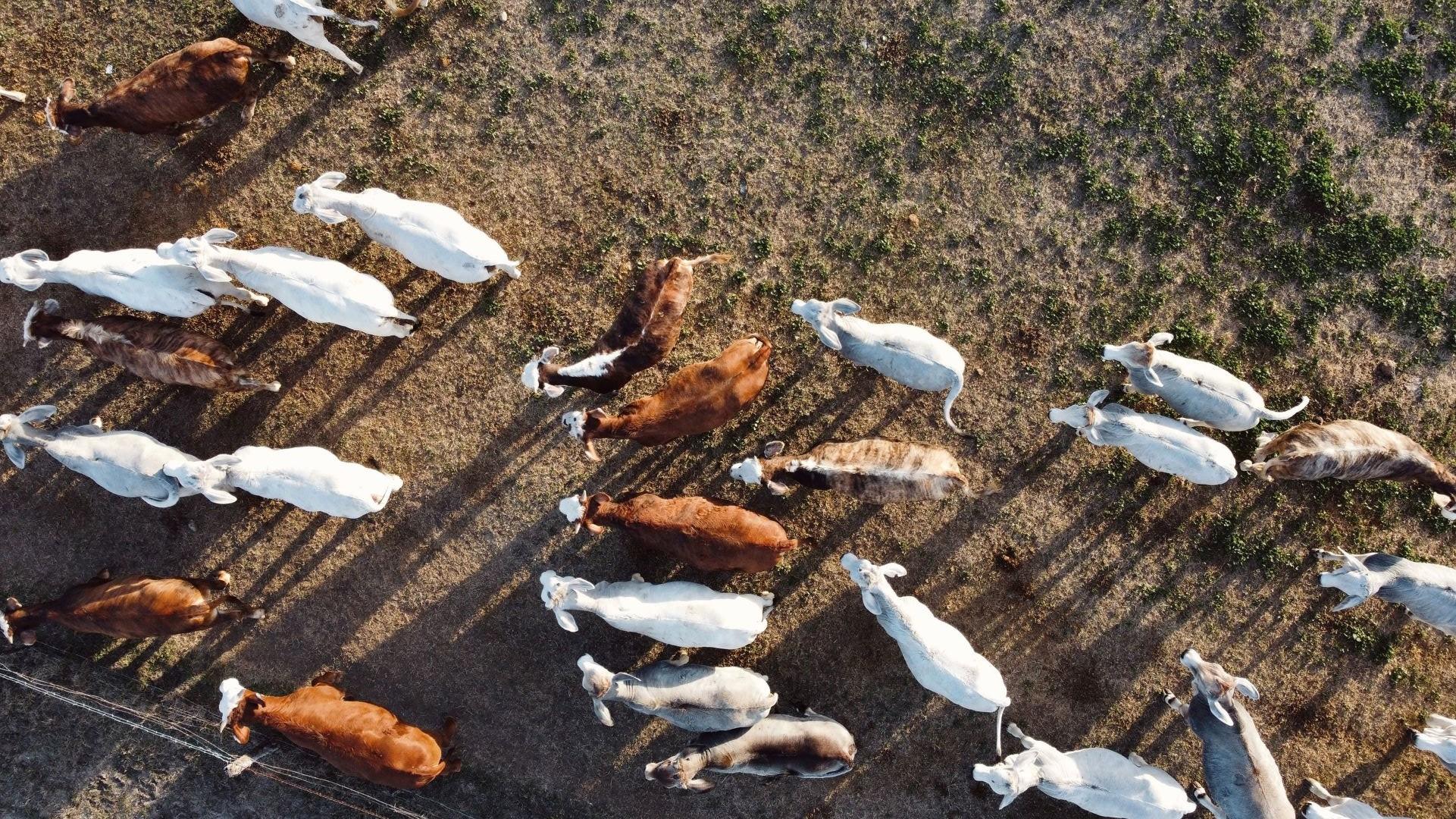
Index-based Livestock Insurance (IBLI)
Description
Livestock is the main economic and livelihood option in the ASALs - pastoralism contributes between 10 and 44% of the GDP of African countries, and is particularly important in sustaining poor rural populations. As the frequency and intensity of droughts increase, there is an impetus for innovative solutions for protecting livestock assets and supporting the capacity of livestock keepers to cope with extreme climatic events. Index-Based Livestock Insurance (IBLI) provides payouts that cushion household consumption and expenditures thus acting as a safety net. The payouts are also used to purchase feeds and water or restock livestock herds.
Results
Almost 75,000 micro-level policies have been sold on Kenya and Ethiopia. When the payouts are used to access inputs such as feeds, fodder, water, and animal health services, they prevent distressful asset offtake by 36% which could lead to difficulty in recovering after a shock and the related implications on livelihoods and economies that depend on livestock. Livestock keepers are also able to maintain milk production and incomes across the seasons or use the payouts to buy food. The payouts from the insurance also decrease reliance on destructive coping strategies during droughts and improves livestock productivity.
evidence
Key Lessons
Need for regional collaboration; parallel investments in livestock input and output markets (value chain approach); alignment between development and resilience-building programs.

